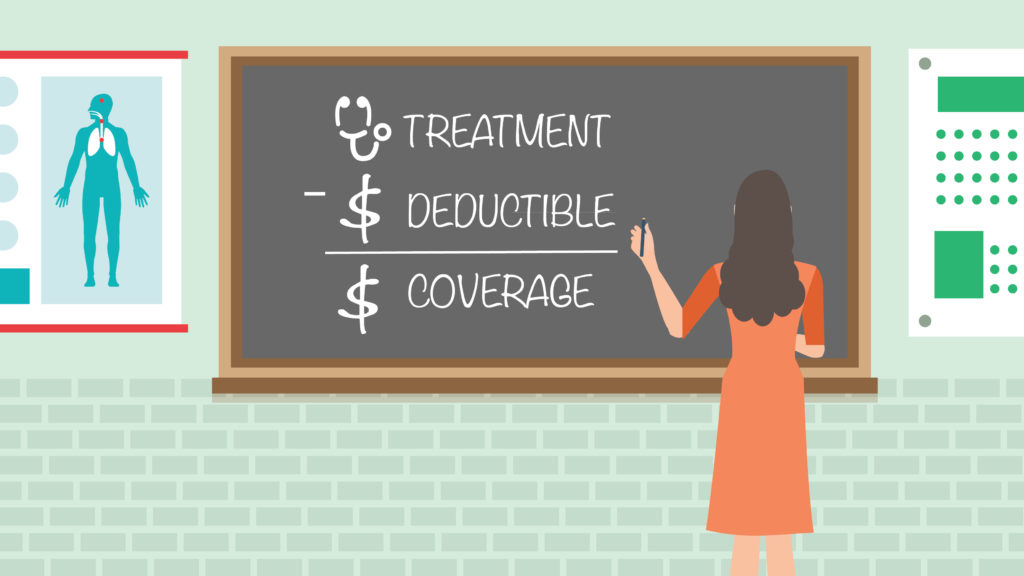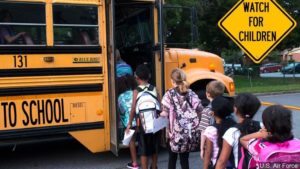Yesterday New Jersey’s School Employees’ Health Benefits Commission voted 5-1 to increase rates about 15% for the 2023 calendar year for those enrolled in the state’s health benefits program for school workers. This will affect the 300 or so school districts—about half throughout the state—who use the School Employees’ Health Benefits Program, or SEHBP. The other districts opt to use private plans. This action comes after school districts have already completed and submitted 2022-2023 budgets.
The increase was opposed by the New Jersey Education Association, the NJ School Boards Association, and various other groups.
Mike Lilley of the Sunlight Policy Center of New Jersey points out that, contrary to some reporting, the added costs will not be borne by teachers but by local and state taxpayers:
The first sentence of the NJ101.5 piece reads: “New Jersey teachers in the state’s School Employees’ Health Benefits Program will be paying over 15% more for health coverage in 2023.” This is simply not true. Teachers will NOT be paying 15% more for health coverage. Thanks to a 2020 backroom deal (known as Chapter 44) between then-Senate President Sweeney and the NJEA, teachers’ contributions were changed from a percentage of healthcare premiums to a percentage of their salaries. As such, teachers are insulated from almost all of the premium increases.
Lilley notes that, accordingly, NJEA’s response has been “muted,” with lobbyists there pointing out that the increase comes after two years of decreases. The NJ School Boards Association confirms Lilley’s point:
Increases to the SEHBP are largely paid by boards of education; many employees pay a percentage of their salary, not a percentage of the insurance premium, under changes implemented under Chapter 44. The increases also come after district budgets have been finalized, potentially forcing boards of education to cut programs for children as they search for ways to pay the additional costs.
In July, NJSBA urged members to inform the governor and their legislators about the potential impact on schools and ask them to search for strategies to limit increases for the 2023 plan year. The Association also provided a sample resolution opposing the proposed premium increases; several boards did pass such a resolution.
“The move could have a very negative impact on district budgets—and ultimately undermines student achievement,” said Irene LeFebvre, NJSBA president.




